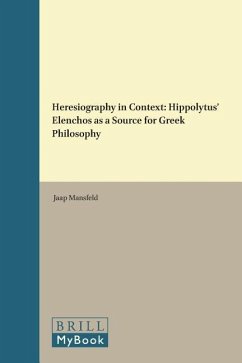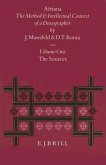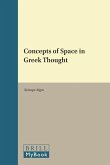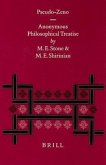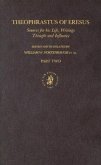The study of the "Elenchos (c. 225 CE) involves the whole range of ancient interpretative traditions concerned with Greek Philosophy, from Aristotle to the Late Neoplatonists. The present inquiry places Hippolytus' important reports about the Greek philosophers in the context of these traditions and so is able to illuminate not only what he has to offer but also to increase our knowledge of the traditions he depends on. For him the Pythagoreanizing current in Pre-Neoplatonism is of paramount importance. Accordingly, he constructs a succession ("diadoche) starting with Pythagoras and including Empedocles, Heraclitus, Plato, Aristotle and the Stoics, and argues that the "diadoche of the Gnostic heresiarchs is parasitical on its Pythagorean predecessor. A new assessment of the sources used -- the first serious attempt since that of Diels in 1879 -- hinges on an analysis of Hippolytus' method of presentation, which is a blend of cento and exegesis geared to his anti-Gnostic purpose.
Hinweis: Dieser Artikel kann nur an eine deutsche Lieferadresse ausgeliefert werden.
Hinweis: Dieser Artikel kann nur an eine deutsche Lieferadresse ausgeliefert werden.

